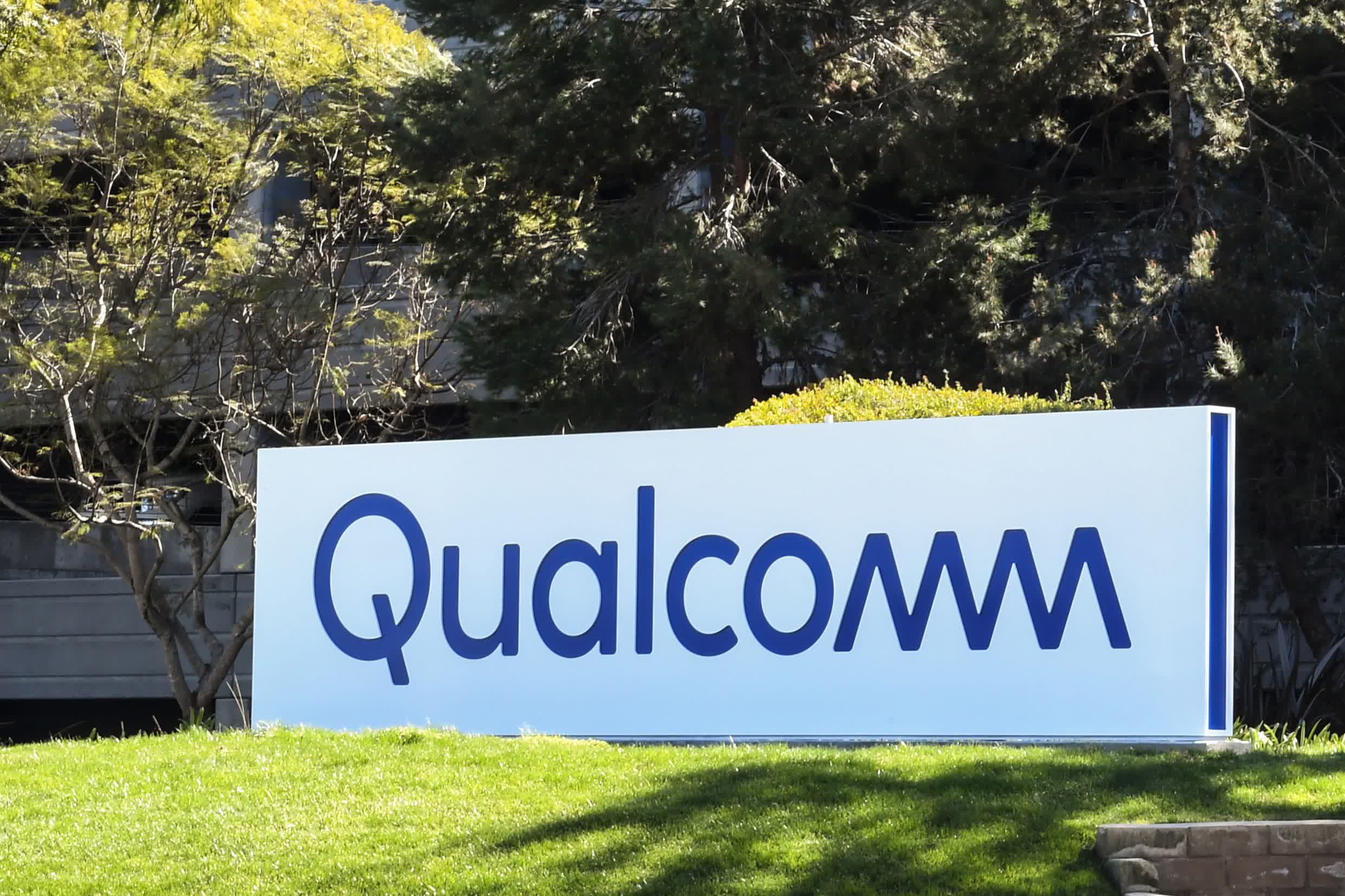What just happened? The long-simmering battle between British chip designer Arm and American semiconductor superstar Qualcomm has just reached a boiling point. Arm has now given Qualcomm notice that it is terminating the license allowing Qualcomm to create its own chips based on Arm's intellectual property.
This "architectural license" agreement has been the cornerstone of the partnership that has kept Android smartphones humming with Qualcomm's cutting-edge processors for years. Now, according to documents viewed by Bloomberg, Arm has fired off a 60-day cancellation notice that could bring this long-standing deal crumbling down.
For the uninitiated, the hostility between these two tech titans that were once close partners stems from Qualcomm's $1.4 billion acquisition of chip design startup Nuvia in 2021.
Arm alleges that when Qualcomm acquired Nuvia, it violated the licensing terms since Nuvia already had a separate agreement with Arm. The company's stance is that Qualcomm should have renegotiated those terms instead of simply absorbing Nuvia's existing Arm licenses. This led Arm to sue Qualcomm in 2022 for breach of contract and trademark infringement.

Qualcomm, however, argues the existing agreement covered everything with the Nuvia takeover. Using this as grounds, the company countersued, setting up an explosive courtroom battle that still looms. Both sides have also been quietly negotiating a potential settlement, but Arm's scorched-earth license termination could indicate those talks have broken down – or that it simply decided to go with the nuclear option.
Now, in light of the notice, Qualcomm fired back that Arm is just trying to "strong-arm a longtime partner" and disrupt the legal process with this termination threat, calling it "completely baseless."
Following the acquisition, Nuvia's tech lived on as the Oryon custom CPU cores now powering Qualcomm's latest Snapdragon X Elite processors for Windows on Arm laptops and Copilot+ PCs. Qualcomm just announced new Oryon-based mobile and automotive chips this week.
If Arm does follow through on killing Qualcomm's license after the 60-day notice period, it could derail Qualcomm's multi-billion dollar mobile and PC chip business. The company might be forced to halt the sale of certain products, which generate nearly the entirety of its $39 billion in annual revenue.
Qualcomm has a 60-day window to get its act together, which does seem like Arm's way of trying to "strong-arm" the company into settling this beef through negotiations rather than the courts.
